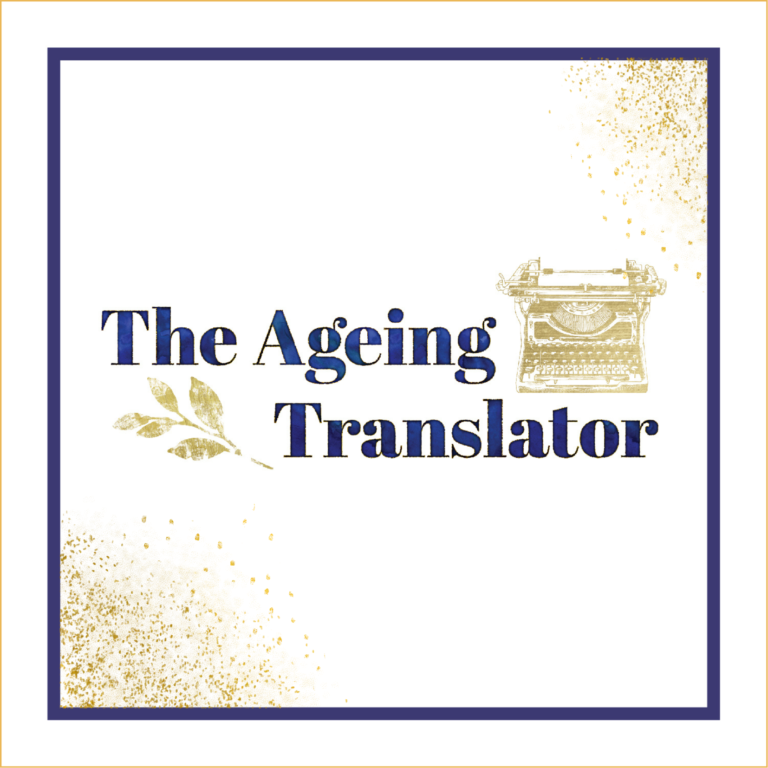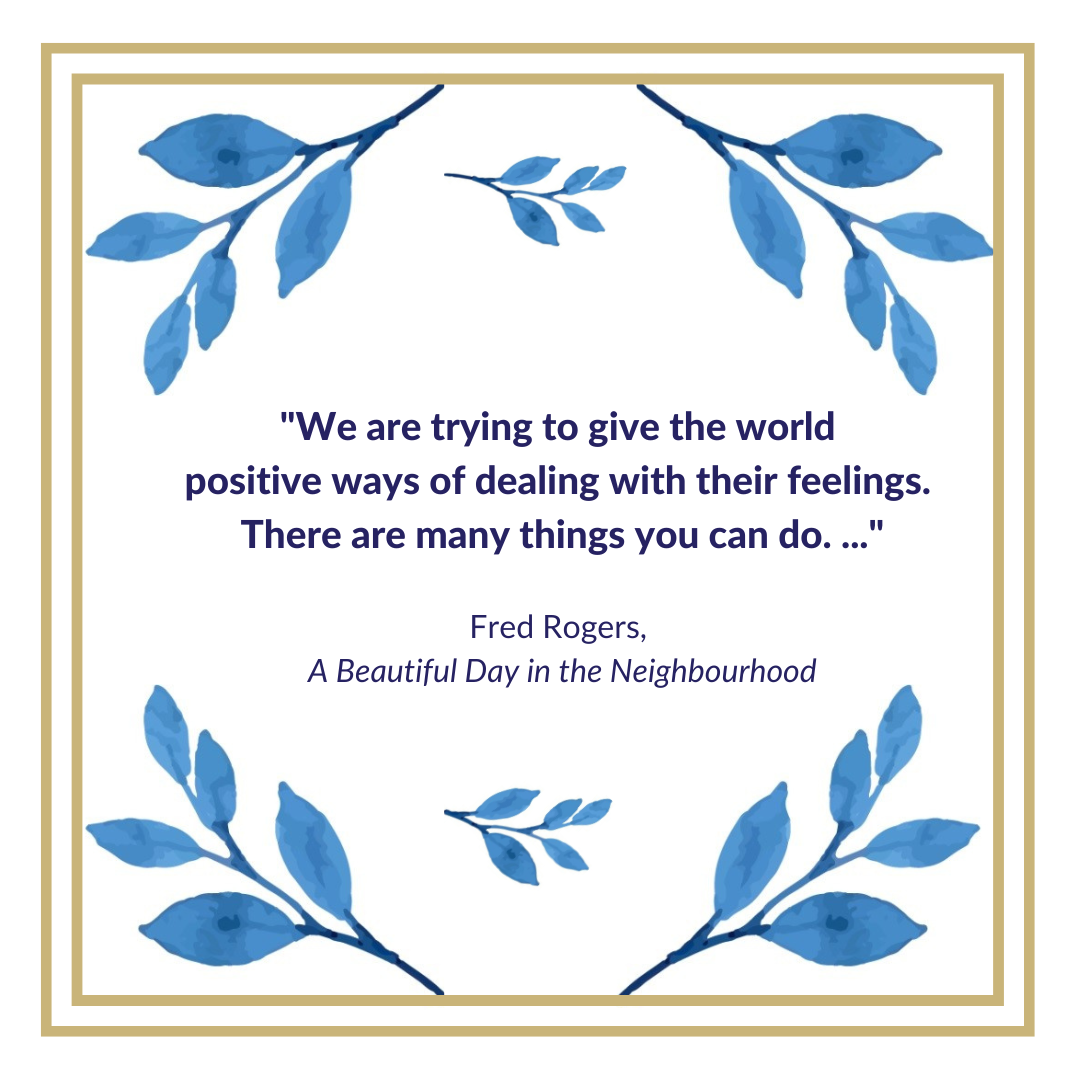How do you respond to the title The Ageing Translator? What do you think of when you hear or read the word ageing? What pictures come to your mind?
I thought a great deal about blog names before deciding on The Ageing Translator. Much of my work focuses on ageing themes (active ageing, healthy ageing, the silver economy, gerontology, and so on). I am also 50 plus, which, apparently, puts me in “the second half” of my life, even though no one can yet predict how long I will live. Nonetheless, I am not particularly precious about my age, and quite happy to laugh about it. It tickles me that I might be able to pun on this title, while telling prospective clients what I do in words that may help them find me online.
Do You Think Ageing Is Intrinsically Negative?
With healthcare and business experience behind me, and mindful that negative views on ageing abound, I ran this name past a few colleagues and friends. I was right to expect negative feedback. One colleague cited an instinctive association with chairlifts and incontinence. Another commented that it is tantamount to calling myself the-foot-in-the-grave translator. My husband and a close friend commented that, professionally, it portrays me as potentially inefficient (ouch!), though my friend added that the title would attract her to read the blog as it might be amusing.
Another friend said that even the themes of active and healthy ageing are ultimately about making something negative look better. He sees the proponents of active and healthy ageing as “trying to put a positive spin on a negative reality”. I have to disagree. I believe that there are many people in the world who are actively trying to improve later life. To reduce potential negatives and enhance the positives. There are also those, like me, who do not see ageing as intrinsically negative in the first place. Perhaps I will change my mind as I grow older.
Some People Like ‘The Ageing Translator’ Title
No, the negative feedback was not unexpected. Yet I was surprised by some extremely positive responses: namely that it is a brilliant idea, not least to help counteract negative attitudes about ageing in the media. Another colleague loves the name The Ageing Translator, and two non-translator colleagues find it memorable. I hope these favourable opinions stand me in good stead!
Looking back at these reactions, I recalled the colleague who mentioned chairlifts and incontinence adding that she could not decide whether The Ageing Translator might prove to be “a genius idea”. On balance, the conclusion seemed to be that, if I call this blog The Ageing Translator, I need to dress it up somehow. Yet I am cognisant that many of my prospective clients already work in ageing-related fields and use similar language.
What Lies Behind These Responses?
I have to admit that I pondered the responses for some time before deciding to take the plunge. Though I do not currently work in healthcare chaplaincy, my chaplaincy and listening skills training, and reflective practice, are still very much part of me. I therefore cannot help but wonder what lies behind each of the comments. What is really being said, by whom and why?
Are those who see the title as mainly negative expressing concerns about their own ageing journey? Is it because they have had less-than-ideal experiences while caring for their own ageing relatives and loved ones?
Are they expressing their personal view of older people they love, or of other older adults they have come across or know? Do they find some, or all, older people annoying or frustrating?
Or perhaps they have never known any strong, inspiring and fascinating older people. If so, are they voicing unfounded assumptions and generalisations?
Are those who see ageing as purely—or mainly—negative, less adjusted to the possibility of their own frailty and mortality? Is it actually because they worry about how their later years might pan out? Are afraid of how they might be treated, especially at a time of personal need?
What Do You think?
I will never know the answers to these questions, but you might like to ponder your own response. With my ex-chaplain’s hat firmly on, if we were chatting about ageing, I might ask you those sorts of questions. Not to put you on the spot (your answers are none of my business and I have nothing to gain by posing them), but to allow you to explore your own personal thoughts and feelings. Even if they do not take you very far. Or you conclude they are just too difficult to contemplate. That realisation can, in itself, be useful. Thinking about such matters might inspire you to try to reduce the imponderables. It could provide an impetus for you to make plans that may render some of the unpalatable “unforeseens” foreseeable. Such as looking into your pension, something that, with foresight, I wish I had considered earlier.
Join In with Helping to Improve All our Futures
However you react to these thoughts, do look out for the wonderful things being done by proponents of healthy and active ageing throughout the world. Consider signing up for the UN’s Decade of Healthy Ageing Pledge and think about actions you can take to help improve the future for yourself, your loved ones and friends. Look into the silver economy. Follow those designing novel interior spaces and accommodation that will be more accessible for all of us as we grow older, and which aim to preserve greater independence for longer.
Whatever our thoughts on ageing now, we need to remember that it is part of life. If we make the best choices we can today, they might well stand us in better stead later on.







